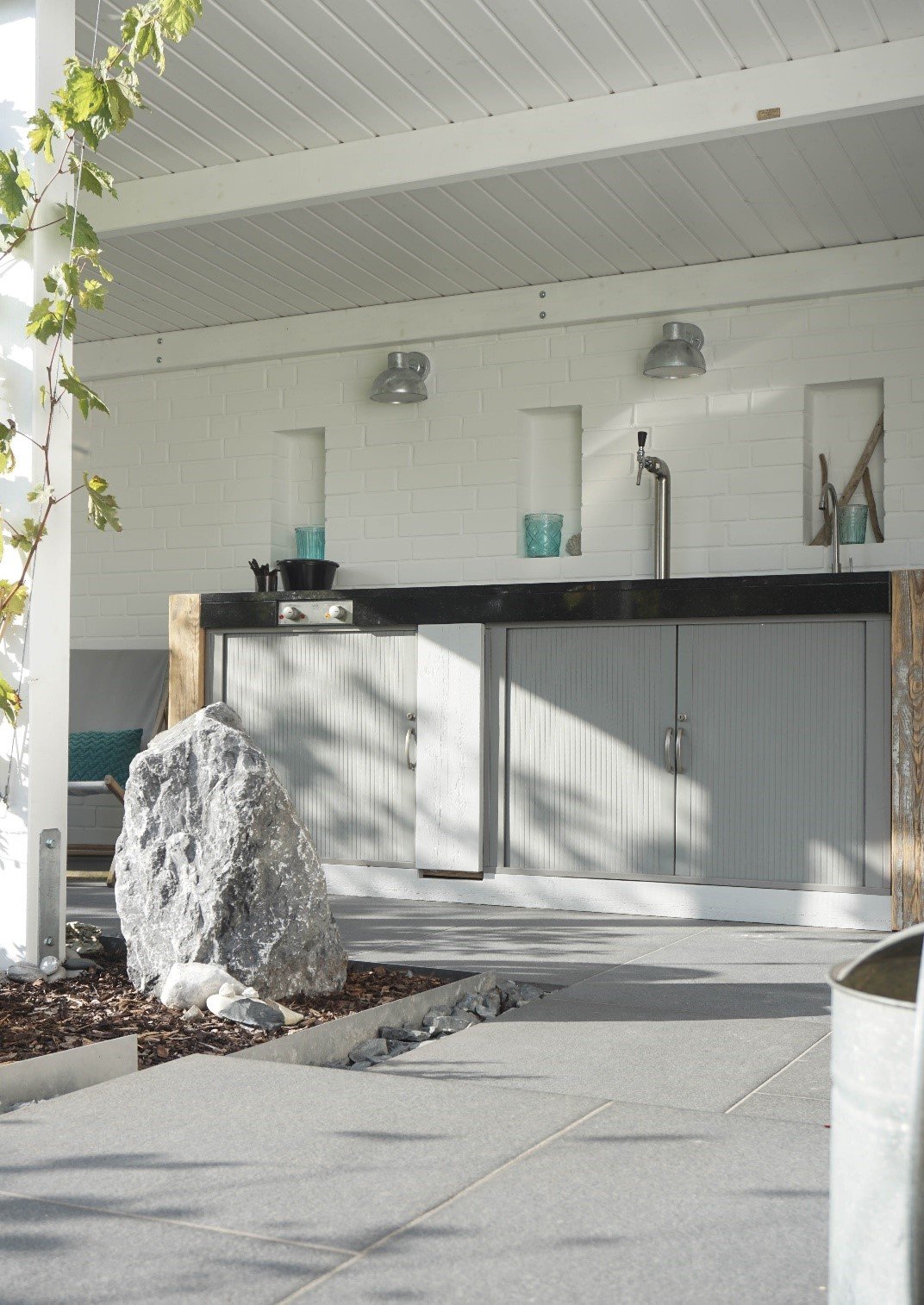If you’re looking to seal your concrete, one of the first things you’ll have to decide is whether to use a water-based or solvent-based sealer. While solvent-based sealers can provide a darker appearance, water sealer for concrete tends to be an overall better option. This is for several reasons, including:
- Easier to apply.
- Safer for you, your family and pets, and the environment.
- Just as durable and works just as well as a solvent-based sealer.
However, even if you’ve decided to use a water sealer for concrete to seal your patio, walkway, or driveway, you may still have questions about it. That’s why we put together this list of answers to commonly asked questions about water sealer for concrete. So, let’s get to it…
What’s the difference between water-based and solvent-based sealers?
While both water-based and solvent-based sealers work to create a coat of protection on top of your concrete, they don’t achieve it in the same way. Solvent-based sealers are made up of acrylic polymers held tightly together in a solvent. Those polymers are united into a dense chain when the solvent evaporates. This is why they can make a concrete surface look so much darker.
On the other hand, water-based sealers are made up of a mixture of water and polymers. Since the water does not hold those polymers as closely together, the polymers aren’t connected as tightly when the water evaporates. However, the overall protection both kinds of sealants offer is comparable.
It’s also worth mentioning that solvent-based sealers release harmful fumes as the solvent evaporates. This is the reason they are generally less safe for you, your family, and the environment.
What’s the best way to apply water sealer for concrete?
While there are several methods to apply sealant to a concrete space, the best way for water-based sealant is with an ordinary garden sprayer. Rollers tend to leave splotchy, uneven coats. Besides, they can miss joints and other dips in the face of your concrete. This will leave you with an unattractive finish.
Water sealer for concrete can be put directly in a plastic sprayer and evenly sprayed onto the face of your concrete. This ensures that your concrete always looks the very best. But it doesn’t just offer a better finish. It’s also far easier and leaves less of a mess. In other words, there’s simply no reason not to use a sprayer to apply your water-based concrete sealer.
How long do water sealers for concrete last?
Depending on the kind of sealant you use, its life expectancy can last anywhere from a mere six months all the way up to five years. Much of this depends on the level of solids included in the solution. Water-based sealer should be redone every 3 years as a general rule.
How will I know if I need to reseal my concrete?
The easiest way to know whether you need to reseal your concrete is to notice what happens when water lands on it. If the water pools on top of the surface, your sealant is still working the way it should. Reseal the driveway as soon as possible if the sealant is quickly absorbed.
Still have questions?
If you still have questions about water-based sealant, contact us and we can get you the answers you need.
For more information, see the different types of water sealer for concrete offered by Seal ‘n Lock. Or find a concrete sealer distributor near you.
